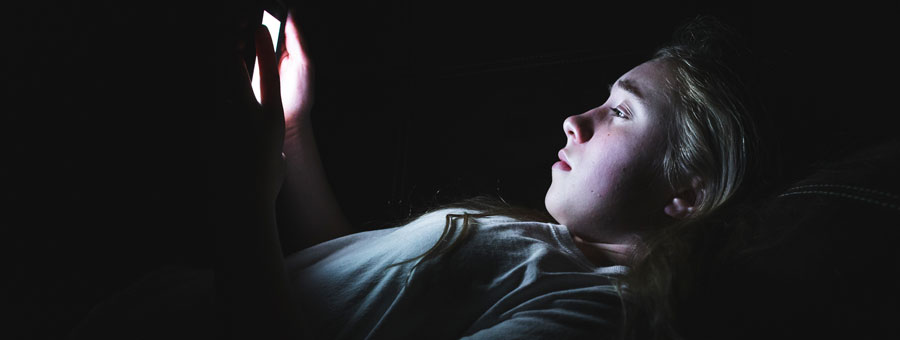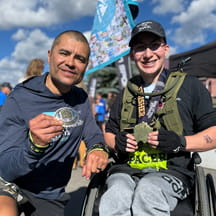It's one of the most basic factors affecting nearly every aspect of a child's physical and behavioral health: quality sleep. Yet studies show as many as half of all children experience sleep-related problems. Studer Family Children's Hospital at Ascension Sacred Heart recently opened a pediatric sleep center dedicated to addressing these concerns.
Children's Hospitals Today caught up with Gulnur Com, M.D., medical director of pediatric pulmonology and sleep medicine for the Children's Hospital in Pensacola, Florida, to discuss the challenges inherent in diagnosing and treating sleep disorders in children and how the pandemic has exacerbated these concerns.
What challenges do the prevalence of sleep disorders in children present for the health care community?
For whatever reason, sleep problems in adults and children tend to be neglected. We all have that one member of our family who always snores, but we think that is just normal. Teenagers stay up all night, but we just say, "It's okay—they're just being a teenager." We don't think about the consequences of this behavior.
Kids are not small adults—their brains are still developing. Poor sleep and sleep problems can have a profound impact on their memory and cognitive skills.
Sleep is part of life, but sleep problems are under-diagnosed. Society in general—parents, schools and teachers—are not well-educated about sleep problems. But this is the beginning. Having this sleep center will be the beginning of educating the community about the importance of sleep and its related problems.
The COVID-19 pandemic has obviously affected nearly every aspect of life—how has it affected the quality of sleep for children and adolescents?
Even before COVID, we had a lot of teenagers coming here due to sleep problems. Teenagers are known to have abnormal sleep hygiene and sleep schedules because of their biology—they tend to stay up late and sleep late because their circadian rhythms are shifted.
But now, their sleep patterns are even more messed up with the lack of school, social lives and scheduling. We see teenagers in here who don't sleep all night long—they sleep all day instead. It's unbelievable, but it is becoming more common—especially in the teenage population.
We try to put them on a sleep schedule, but it is hard when they don't have the school or social requirements.
What advice would you give primary care providers who suspect sleep issues may be a symptom—or underlying cause—of conditions they are seeing?
I think pediatricians are very smart and understand the list of possible connections is very long.
We do know that if we have certain conditions—such as patients with Down syndrome or other genetic conditions associated with facial abnormalities—their airways may in some ways be narrow, so they are at risk of developing sleep-disordered breathing.
It could be bed-wetting—approximately 30% of our patients with sleep apnea present with a bed-wetting issue. We see patients who are having nightmares, night terrors or nocturnal seizures, as well as those who aren't responding well to treatment for hypertension, asthma or epilepsy. The studies show that if they have sleep apnea, we won't be able to control their epileptic seizures until the sleep apnea is treated.
We also know short sleep duration is associated with obesity. When these patients don't sleep enough, they start the next day groggy and unhappy. Then they will crave junk food—it feeds their obesity. All these problems go hand-in-hand, and the list is way too long.
I think the most unrecognized aspect is the behavioral component. For patients with ADHD, not doing well at school or napping at school, we have to investigate why this is happening before we start using ADHD medication or a stimulant.
This is my passion. I'm excited to continue expanding this sleep center and cover a larger area; we want to make sure everybody is aware that we are here to help these children.



